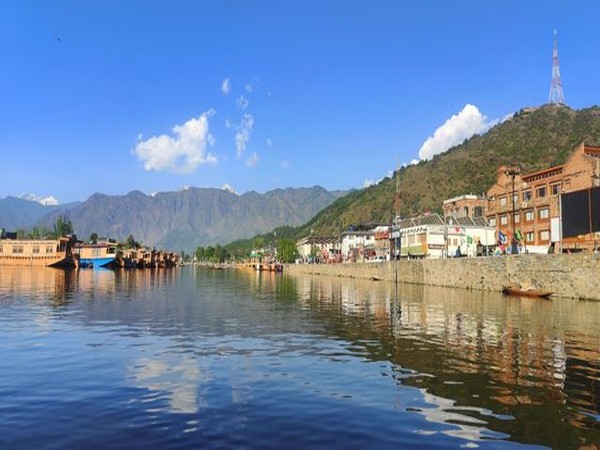In response to the recent joint statement between China and Pakistan, the Ministry of External Affairs (MEA) has issued a firm rejection of unwarranted references to the Union Territory of Jammu and Kashmir.
MEA’s official spokesperson, Randhir Jaiswal, reiterated India’s firm stance, affirming that Jammu and Kashmir, along with Ladakh, are integral and inalienable parts of India. The statement emphasized that no other country has the authority to comment on their status.
The statement, made by the official spokesperson of MEA, Randhir Jaiswal, emphasises India’s steadfast position on the issue, asserting that Jammu and Kashmir, along with Ladakh, are integral and inalienable parts of India.
“We have noted unwarranted references to the Union Territory of Jammu & Kashmir in the joint statement between China and Pakistan of 07 June 2024. We categorically reject such references. Our position on the issue is consistent and well-known to the concerned parties. The Union Territory of Jammu and Kashmir and the Union Territory of Ladakh have been, are and will always remain integral and inalienable parts of India. No other country has the locus standi to comment on the same,” said MEA Official Spokesperson in response to media queries on references to Jammu and Kashmir in the China-Pakistan Joint Statement.
Furthermore, India strongly opposed mentions of the China-Pakistan Economic Corridor (CPEC), particularly projects in territories under Pakistan’s illegal occupation. The MEA reaffirmed India’s sovereignty and territorial integrity, denouncing attempts to legitimize Pakistan’s unlawful occupation.
The joint statement, issued after Pakistan Prime Minister Shehbaz Sharif’s visit to China, highlighted discussions on maintaining peace and resolving disputes in South Asia. Pakistan briefed China on Jammu and Kashmir, advocating for its resolution according to international frameworks.
This development underscores ongoing tensions between India, China, and Pakistan, especially concerning territorial disputes. India’s rejection of the joint statement reaffirms its commitment to defending its territorial integrity. Despite past diplomatic tensions, India desires normal relations with Pakistan, contingent on Islamabad creating a terrorism-free atmosphere.
S Jaishankar, in his statement after assuming charge of External Affairs Minister, outlined distinct approaches to handling relations with China and Pakistan, asserting that India’s foreign policy under the third term of Prime Minister Narendra Modi will focus on finding solutions to “border issues” with Beijing and the “years-old cross-border terrorism” with Islamabad.
He also noted that both the neighbouring countries present unique challenges and India’s relations with them are different.
SOURCE: ANI




















